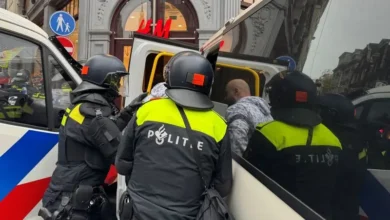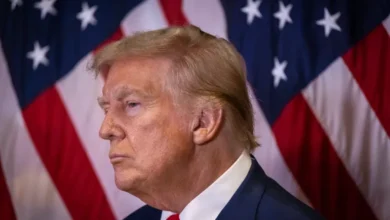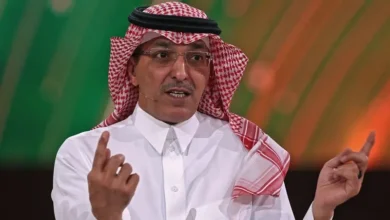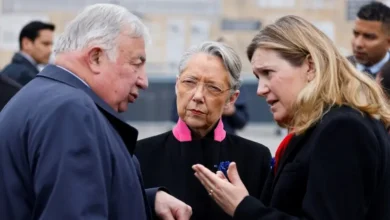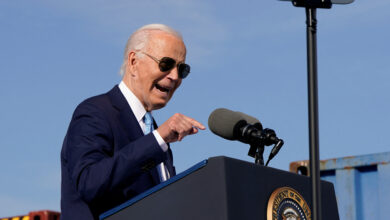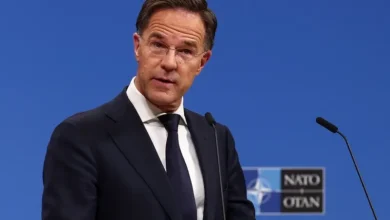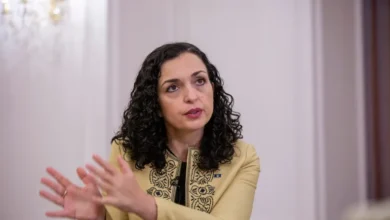Russia’s war on Ukraine forces Europe to weaponise its economic might
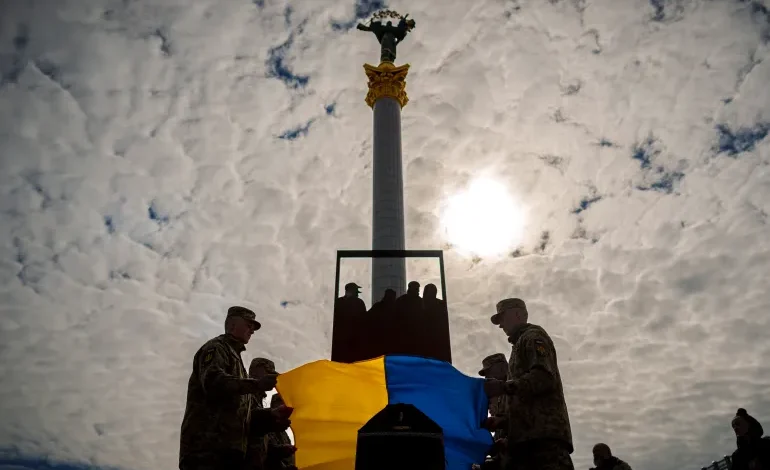
Whatever the exact territorial outcome of the war in Ukraine, the political outcome is already clear – Russia has lost its gambit to create a vassal state and buffer zone in Eastern Europe, because Ukraine’s Westward course is now irreversible.
That was one of the key messages of an international symposium of diplomats and academics who gathered at Cambridge University under the auspices of the Centre for Geopolitics on Thursday, April 4. The focus was the Maidan Revolution of 2013, which overthrew Ukraine’s Moscow-friendly president Viktor Yanukovych and set the country on a path towards Europe, but it also dwelled on Russian President Vladimir Putin’s full-scale invasion of the country in Febru
“Putin has lost Ukraine. It has become crystal clear. He has invaded their sovereignty and they have resisted him,” said Baroness Catherine Ashton, who was the European Union’s first foreign policy chief between 2009 and 2014, and held frequent talks with Yanukovych and Putin during the turbulent months of the uprising. “All those years before he was losing them, and now he’s lost them completely.”
The Maidan protests started on the evening of November 21, 2013, when Yanukovych decided not to sign an association agreement with the European Union, which had been under negotiation for seven years, opting instead for a free trade deal with Moscow.
“I remember that evening very well,” said Argita Daudze, Latvia’s ambassador to Ukraine at the time, who was hosting a reception that day. “Ukrainian foreign ministry officials joined us late and they were in a very bad mood.”
“Ukrainian society in 2013 was living in certain hopes that closer ties with the EU would bring more order and faster economic development in Ukraine,” said Daudze. “It seemed the notion of Europe started to become an answer to many problems that Ukrainian lawmakers were facing — and became a synonym of a good life for the common people.”
As the protests against Yanukovych grew, “the atmosphere was fantastic – it was families, young people, NGO leaders, journalists, a spectrum of people from across society in Kyiv,” recalled Ashton, who visited the gathering crowds.
“And it was very, very cold, so you know people are committed … there was a clear sense this was a movement of people who were not going to go away.”
ary 2022.
The spontaneity and length of the uprising belied the Russian argument that it had been engineered by Western officials.
Foreign and defence policy remain national competences, requiring unanimity for action at the EU level, but Ashton said European willingness to work together was “absolutely extraordinary” and had increased since her tenure.
During the Maidan uprising, for example, many EU members were still deferential towards Russia. “Many people considered the Polish official reaction as too timid,” said Lukasz Kulesa, deputy head of research at the Polish Institute of International Affairs. “[Then-Foreign Minister Radoslav] Sikorsky told Ukrainians to agree to a compromise with Yanukovych.”
Even after Putin annexed the Crimean Peninsula the following March, European officials advised Ukraine not to use arms against Russians, and Germany agreed with Russia to build the Nordstream gas pipelines under the Baltic Sea that would circumvent Ukraine.

